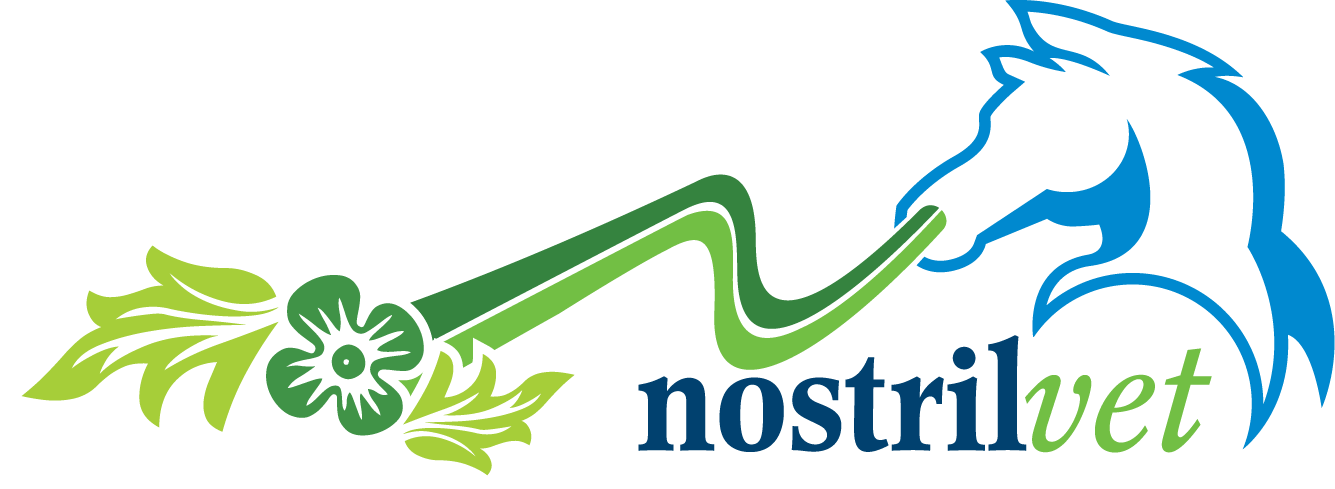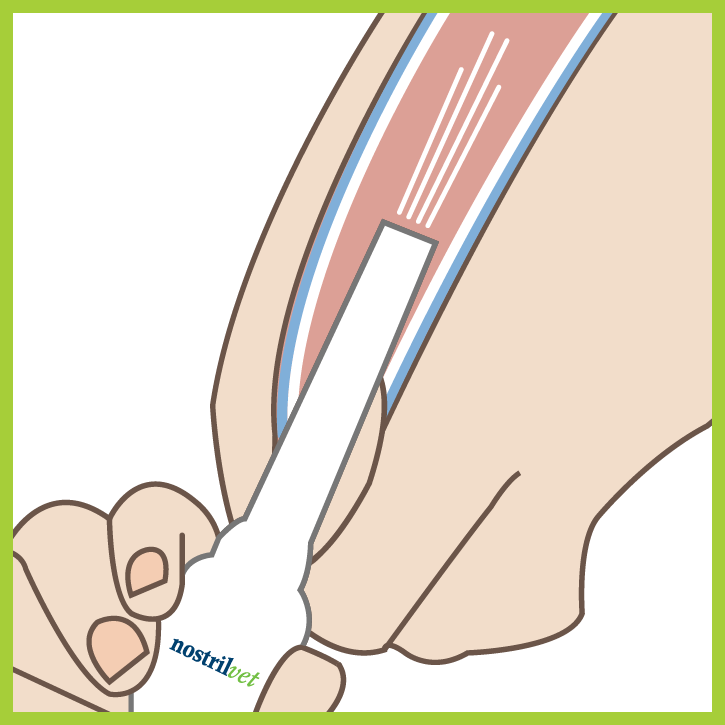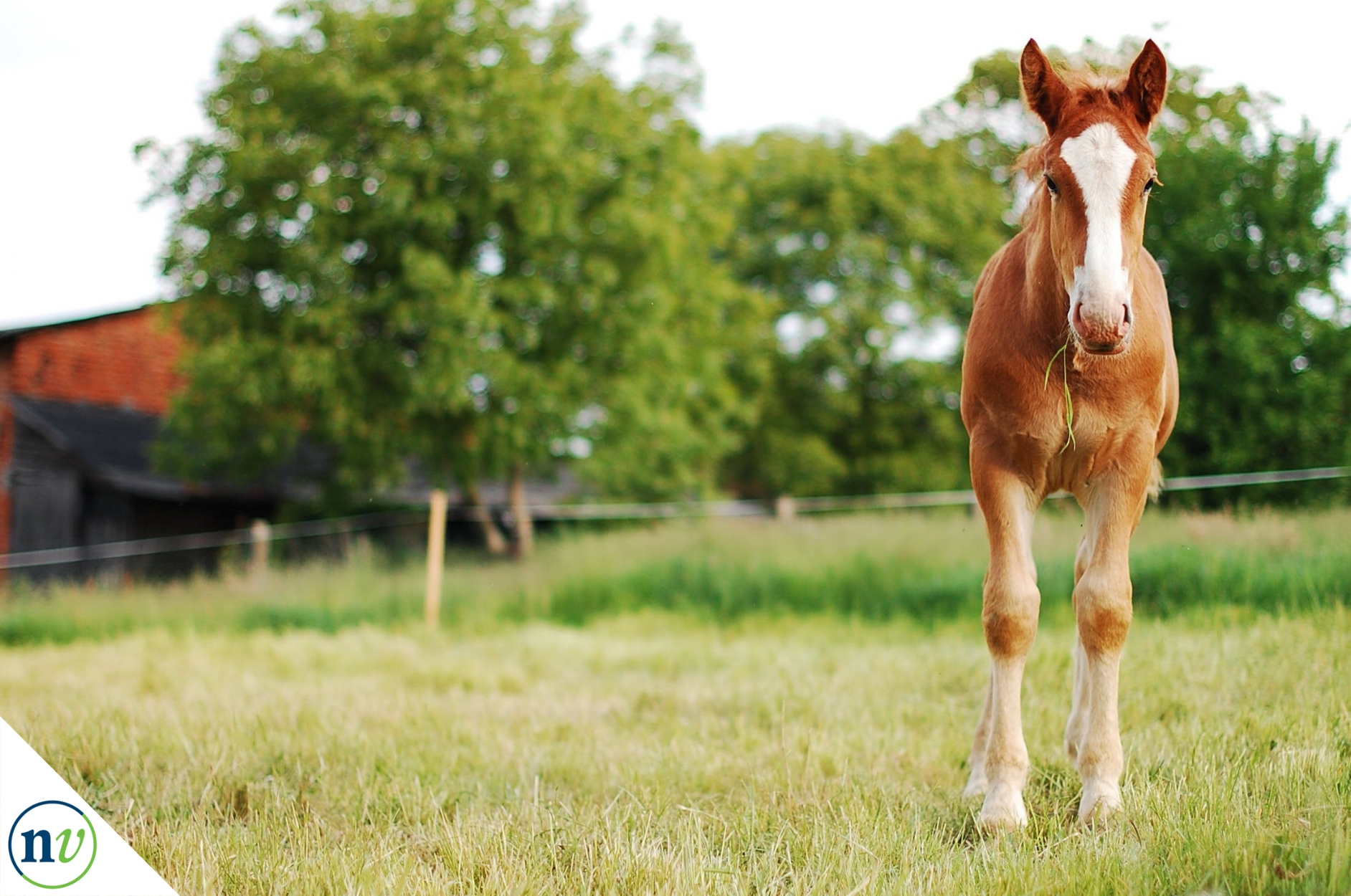
NostrilVet acts as a barrier to airborne allergens, treating the cause not just the symptoms.
What is NostrilVet?
NostrilVet is a unique cellulose based nasal powder spray that delivers protection for your horse against mould from straw, mite, dust, pollen and other airborne allergens that causes allergic reactions like equine hay fever, coughing, heaves, runny nose, and other similar symptoms.
How does NostrilVet work?
Studies have shown that by naturally enhancing the protective barrier of the nostril cavitation, it is possible to filter out airborne allergens. NostrilVet works by forming a colourless, thin mucus like gel lining in the nasal tract that acts as a barrier against pollen and dust.
Can all horses use NostrilVet?
NostrilVet is suitable for all horses, young and old, professional or domestic. NostrilVet does not restrict horses in competing in professional events because it contains no drugs.
1
Allergens (yellow dots) attack the body at the weakest part of the mucous membrane.
2
By puffing a plume of NostrilVet into each nostril, a gel is created which enhances the protective purpose of the mucous membrane.
3
The protective gel catches the allergens preventing an interaction with the body.
Head Shaking
Head shaking in horses is currently poorly understood and there are a variety of causes including sensitivity to light, behavioural issues or pain from an injury. Symptoms include sneezing, snorting, up and down or side to side shaking of the head and rubbing of the nose on the stable door or trees.
If your horse exhibits seasonal head shaking, i.e. during the pollen months (April through to September in the Northern Hemisphere) then the more than likely cause is airborne allergies.
Equine Hay Fever
A common condition seen in both young and old horses is Seasonal Allergic Rhinitis. This allergy can affect up to 30% of people in many countries. The prevalence in horses is largely unknown although it appears to be a very common problem. Airborne allergens affecting horses include pollen, dust mite and mould spores from hay or straw.
Symptoms in horses tend to appear more flu like rather than the traditional human signs of sneezing, itchy eyes and runny nose. Lungs can become inflamed and a horse suffering from allergies can become vulnerable to virus and bacterial infections. Many horse owners believe their horse is suffering from a cold rather than allergies as common symptoms are eye discharge, coughing, and the horse seems to tire very quickly when exercising.
The problem can be reduced by keeping the stable as dust free as possible, soaking the hay in water before feeding, storing the hay away from the horses stable and allowing as much fresh air into the stable as possible. However, there is the problem of airborne pollen and the fact is, it is impossible to keep a horse’s stable completely dust free. Therefore it is important to find other ways to protect your horse from the airborne allergens.
Coughing
Coughing in horses is commonly caused by the inhalation of pollen and stable dust. As horses only breathe through their nose a large quantity of airborne allergens are inhaled on a daily basis. If your horse is sensitive to these allergens the cough is a common and frustrating outcome. Protecting your horse from airborne allergens should help reduce coughing.








